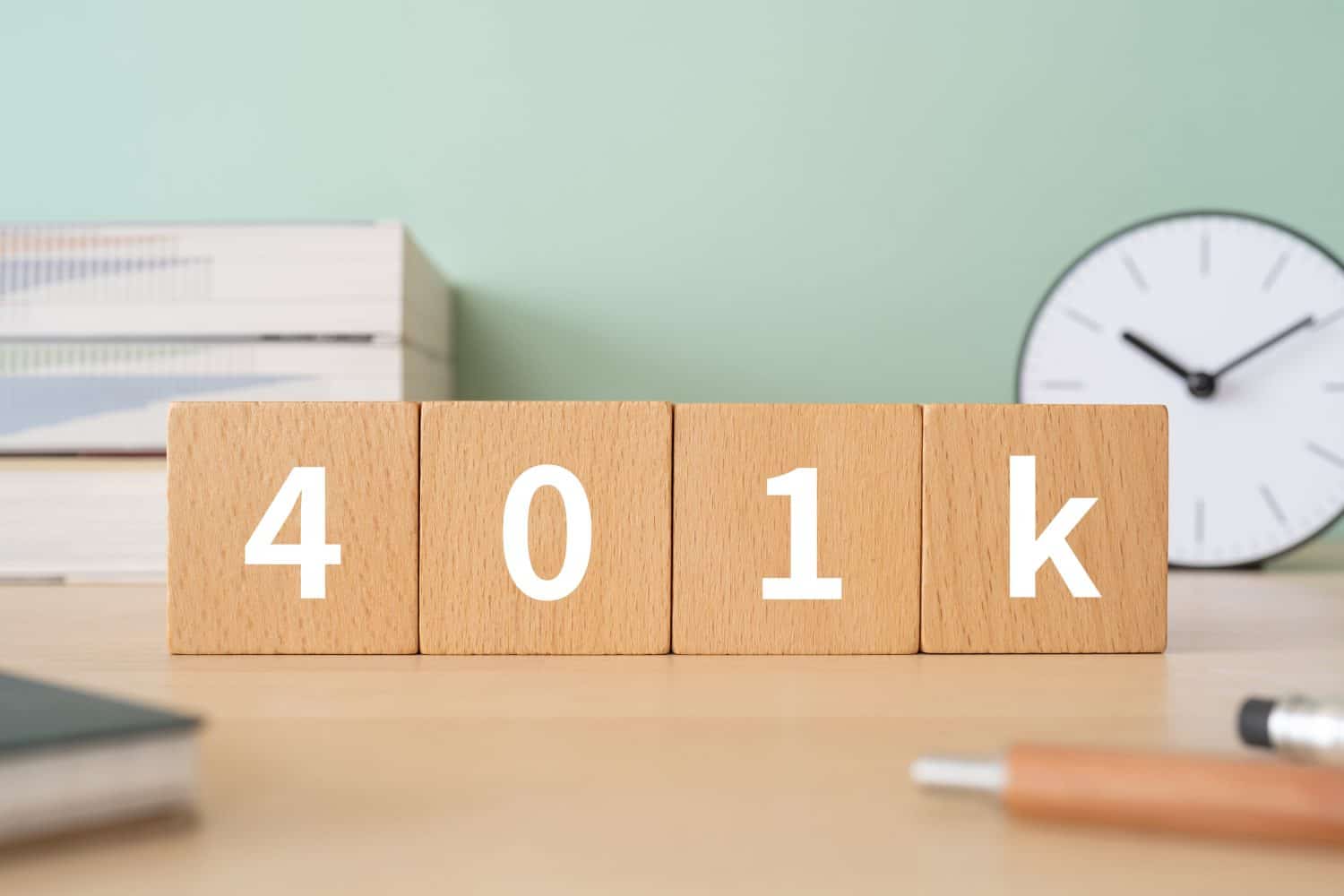Personal Finance
Once I retire, will my 401k belong to me or if it will still be managed by my previous employer?

Published:

Retirement brings up tons of financial decisions and changes. One of the most significant ones is what happens to your 401(k) after you retire. You’re not alone if you’re wondering whether your 401(k) becomes fully yours or stays tied to your previous employer.
This is a common question. I recently came across a Reddit post that was asking the same thing, and I wasn’t surprised! Let’s take a look at the answers.
Once you retire, the money in your 401(k) (all of it) is yours, provided that it’s fully vested. Employers often set up vesting schedules for matching contributions. You must meet these requirements to keep your employer’s contributions when you leave the company. Often, this is tied to working at that company for a certain number of years, most commonly three to five.
Vesting typically works as a percentage, too. So, if you leave a year before you’re fully vested, you may get 80% of your employer’s match, for instance. You don’t lose all your money if you leave early, but you can lose a decent chunk of it!
After retirement, your 401(k) account typically remains with your employer’s chosen plan provider. While you control investment decisions, the account is still part of your employer’s 401(k) plan.
Many retirees choose to leave their 401(k) where it is. However, you aren’t obligated to do so. Since you’ll fully own it, you can do basically whatever you want with it.
You have several options you can choose for your 401(k) after you leave your employer and retire:
1. Leave It in the Employer’s Plan
Leaving it in the same plan provides lower fees and may be more familiar for you. However, there are also limited investment choices and less flexibility.
2. Roll It Over to an IRA
IRAs have greater investment options and more flexibility in withdrawals. However, you may face higher fees, depending on the IRA provider. Rolling over an IRA can be more expensive!
3. Take a Lump Sum Distribution
If you take a lump-sum distribution, you get immediate access to your funds. However, this can also result in significant taxes and eliminate any further growth. Generally, we don’t recommend this option unless you have a plan to invest the money elsewhere.
Before you make a decision, we recommend:
Start by taking a quick retirement quiz from SmartAsset that will match you with up to 3 financial advisors that serve your area and beyond in 5 minutes, or less.
Each advisor has been vetted by SmartAsset and is held to a fiduciary standard to act in your best interests.
Here’s how it works:
1. Answer SmartAsset advisor match quiz
2. Review your pre-screened matches at your leisure. Check out the advisors’ profiles.
3. Speak with advisors at no cost to you. Have an introductory call on the phone or introduction in person and choose whom to work with in the future
Thank you for reading! Have some feedback for us?
Contact the 24/7 Wall St. editorial team.